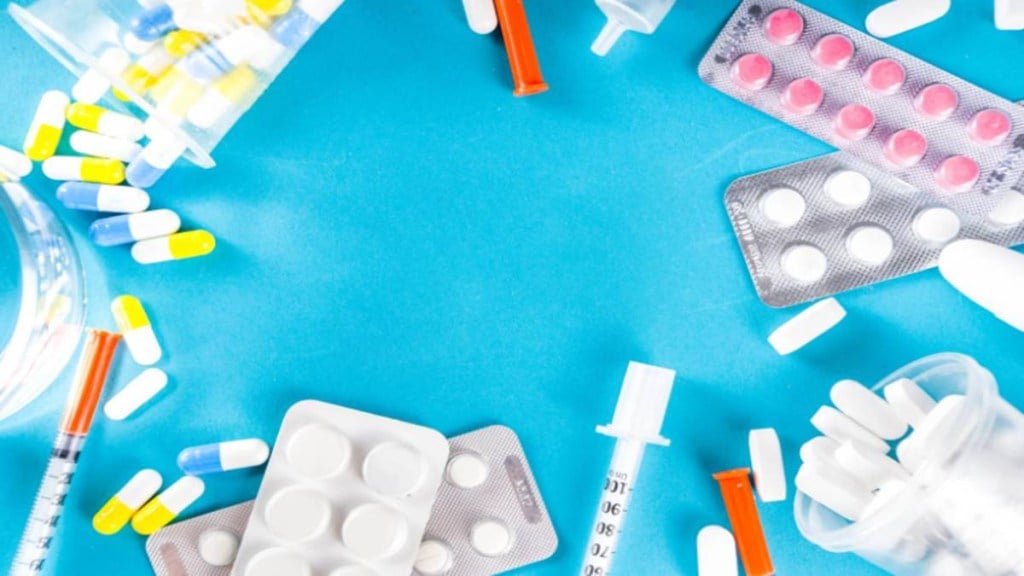The government has firmed up plans to launch the Promotion of Research and Innovation in Pharma MedTech (PRIP) scheme this month, Amit Agrawal, secretary at the Department of Pharmaceuticals (DoP), told agencies. The scheme, announced in August 2023, is aimed at fostering innovation in the pharmaceutical and medical devices sectors, with a total financial outlay of Rs 5,000 crore.
“We are focusing in a very big way now on innovation in India. So we have a scheme (PRIP) which was announced some time ago, but we hope to launch that scheme within this month,” Agrawal said at an event on Tuesday.
All about PRIP scheme
The idea behind PRIP is to grow India’s market share in the global pharma sector through sustained investments in research and innovation. The Indian pharma industry has largely remained confined to generic drugs. The amount spent on pharma R&D in India stands at around $3 billion, compared with $60 billion in the US and $20 billion in China. “There is an urgent need to shift the focus to new areas where the future trajectory of the pharma industry lies,” the scheme notification said.
A major component of Indian pharma exports consists of low-value generic drugs, and most of the demand for patented drugs is met through imports. This is due to a lack of focus on developing high-value molecules, though experts say there have been some improvements in recent months. For instance, in July, Glenmark Pharmaceuticals, through its subsidiary Ichnos Glenmark Innovation (IGI), signed a $700-million licensing deal with US-based AbbVie for its investigational trispecific antibody, ISB 2001, for treating a rare form of blood cancer.
Focus on generics, biosimilars, medical devices and more
The scheme has a five-year horizon and six priority areas: complex generics and biosimilars, precision medicine, medical devices, orphan drugs, drug development for antimicrobial resistance, and new chemical entities. The government will provide funding under three components, one of which includes 35% of the total project cost, or up to Rs 125 crore.
Experts said that to make the scheme more effective, some improvements are needed, such as permitting reduced royalties of 2–3% instead of the stated 10% to enable affordability, streamlined project management agency engagement, enhanced awareness and participation from startups and MSMEs, and a stronger focus on commercialisation and market readiness of innovations.
“Most importantly, there’s a need for a provision in public health procurement to procure proprietary products from single-source suppliers based on a preferential pricing system that rewards innovation without creating monopolies,” said Rajiv Nath, forum coordinator at the Association of Indian Medical Device Industry (AiMeD).







